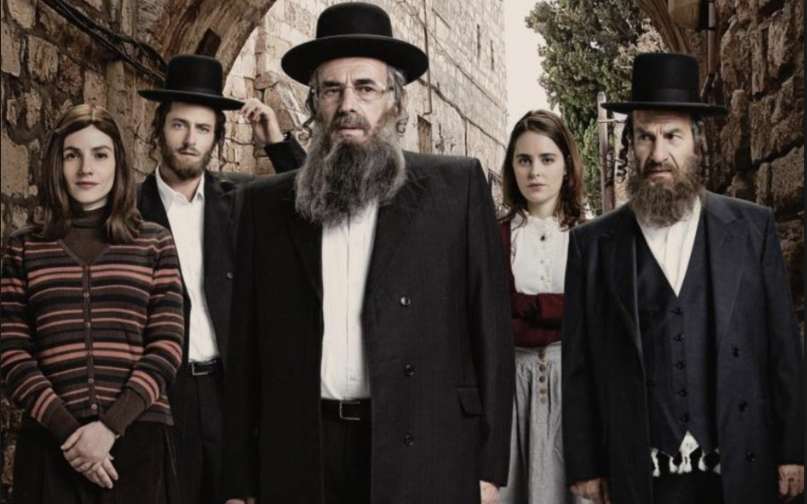(RNS) — Many of us have spent the last year — yes, perhaps in some version of self-quarantine, or in cautious reentry into the world — but also in bingeing “Shtisel” on Netflix.
If you need a way to fill your waking hours, you could do a lot worse.
As anyone who has not been living in a Wifi-less cave knows, “Shtisel” is the story of a Haredi family in the Geula section of Jerusalem.
In the words of the old Levy’s rye bread ad: “You don’t have to be Jewish” to love “Shtisel.” In fact, many of its most fervent fans are not Jewish at all.
But, they see in its episodes not only a reflection on the condition of the ultra-Orthodox in Jerusalem, but a meditation on the meaning of love, loss, family and community.
In the final episode, the family patriarch, Shulem, is sitting with his brother, Nuchem, and his son, the artist Akiva. Shulem quotes the late author Isaac Bashevis Singer, whom he calls “a real rascal.”
These are his words:
“The dead don’t go anywhere. They’re all here. Each man is a cemetery. An actual cemetery, in which lie all our grandmothers and grandfathers, the father and mother, the wife, the child. Everyone is here all the time.”
At that moment, all of the dead characters from the series — all the departed family members — show up at the table. They are laughing and talking, eating festively, passing the pickles and the challah.
This is always how I feel during the Days of Awe, but particularly and most poignantly during the Yizkor service, the memorial service on Yom Kippur. For me, the “holy of holies” in that service is the silent meditation, in which some liturgies contain soliloquies addressed to the dead — “to my dear mother,” etc.
During those moments of silence, I reflect on all those whom I have lost. My parents, aunts and uncles, grandparents — this year, a dear cousin.
But also: friends, rabbis, teachers (going back to high school) and congregational leaders whom I have known throughout my career.
This will be my 40th Yom Kippur leading services as a rabbi. Forty Yom Kippur Yizkor moments.
We get old, but those moments never get old.
As Singer would have wanted us to do, I revisit the cemetery that is in my mind, knowing my loved ones are buried in many different places, or in no places at all, perhaps scattered to the wind.
And, as in the final scene of “Shtisel,” I invite them to a dinner in my soul. I am not much for cooking, though my salmon is acceptable. So, I order takeout, and we sit at the table, and we listen to music, and we laugh, and we remember.
“Everyone is here all the time.”
That is the meaning of these days. It is also the very meaning of the possibility of techiat ha-meytim, the possibility of the ultimate resurrection of the dead, who do not need a resurrection as part of the messianic drama at the end of time.
They resurrect themselves every day. Especially when we remember them, and invite them to our tables.
May it be a good, fulfilling, spiritually invigorating Days of Awe for you and your family.






